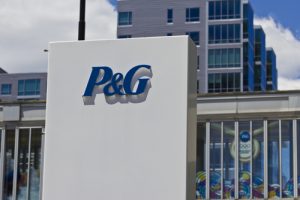 Within two years, nine out of every 10 hair care product bottles sold by Procter & Gamble in Europe will have recycled content, the company recently announced. Continue Reading
Within two years, nine out of every 10 hair care product bottles sold by Procter & Gamble in Europe will have recycled content, the company recently announced. Continue Reading

 Within two years, nine out of every 10 hair care product bottles sold by Procter & Gamble in Europe will have recycled content, the company recently announced. Continue Reading
Within two years, nine out of every 10 hair care product bottles sold by Procter & Gamble in Europe will have recycled content, the company recently announced. Continue Reading
 A recycled polyester plant expands its South Carolina operations, and a filament recycling startup will pitch its venture to business tycoon Richard Branson. Continue Reading
A recycled polyester plant expands its South Carolina operations, and a filament recycling startup will pitch its venture to business tycoon Richard Branson. Continue Reading
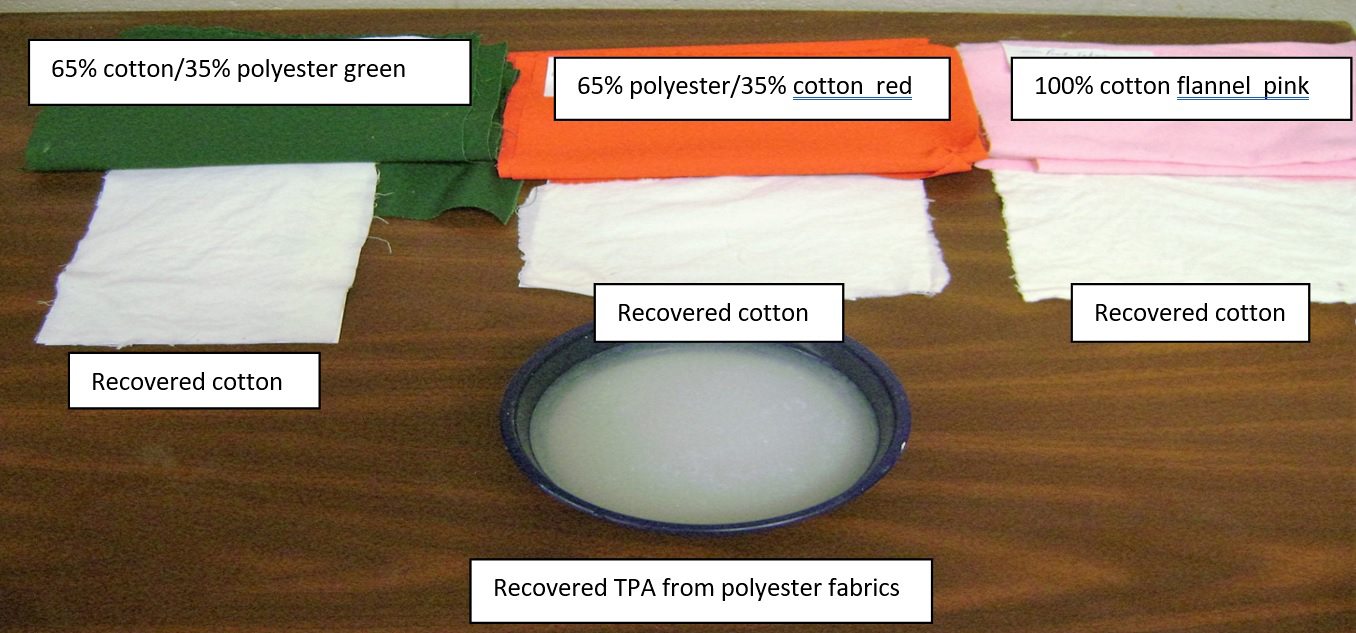 Two retired U.S. EPA scientists have spearheaded development of a technology to depolymerize polyester and recover cotton in mixed-material textiles.
Two retired U.S. EPA scientists have spearheaded development of a technology to depolymerize polyester and recover cotton in mixed-material textiles.
This story originally appeared in the August 2016 issue of Plastics Recycling Update.
Subscribe today for access to all print content.
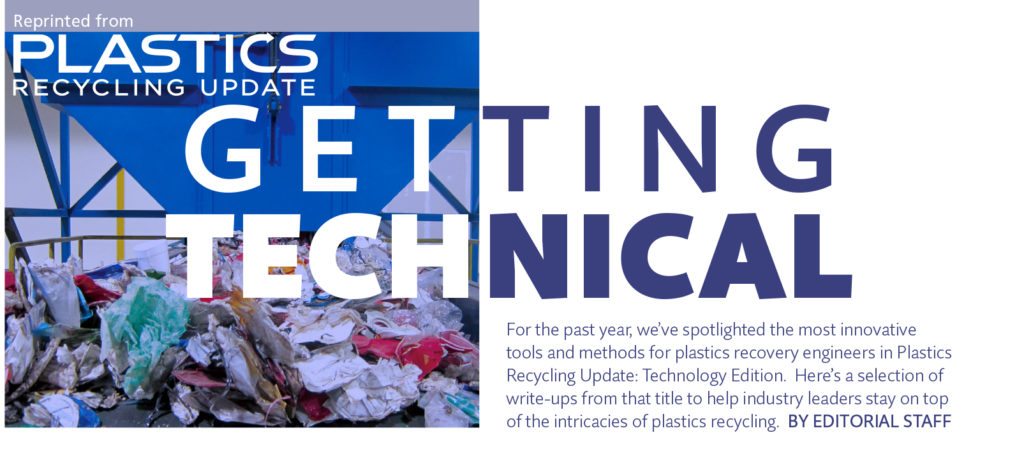
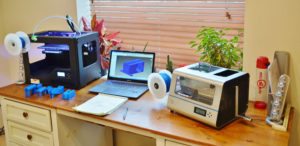 The Consumer Electronics Show (CES) is about more than just the latest TVs, smartphones and gadgets. This year’s event also showcased technologies in robotics, health care and plastics recycling.
The Consumer Electronics Show (CES) is about more than just the latest TVs, smartphones and gadgets. This year’s event also showcased technologies in robotics, health care and plastics recycling.
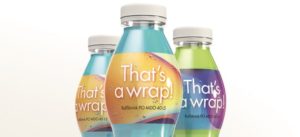 UPM Raflatac has unveiled shrink-sleeve labels that avoid causing problems in today’s PET bottle recycling processes.
UPM Raflatac has unveiled shrink-sleeve labels that avoid causing problems in today’s PET bottle recycling processes.
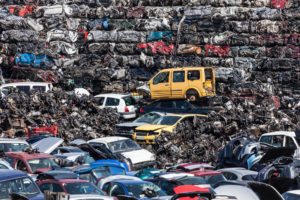 Despite deep uncertainties in the global oil market, a firm in Indiana says it intends to invest hundreds of millions of dollars in an operation to convert auto shredder residue into diesel and gasoline. Continue Reading
Despite deep uncertainties in the global oil market, a firm in Indiana says it intends to invest hundreds of millions of dollars in an operation to convert auto shredder residue into diesel and gasoline. Continue Reading
 A group provides an update on its research into the recycling of multi-material laminated packaging, and post-consumer plastics are being used in a new insulation product.
A group provides an update on its research into the recycling of multi-material laminated packaging, and post-consumer plastics are being used in a new insulation product.
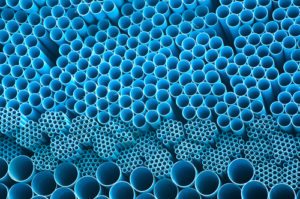 The federal government will invest up to $70 million in a new research institute focused on boosting recycled content in manufacturing and reducing recycling costs.
The federal government will invest up to $70 million in a new research institute focused on boosting recycled content in manufacturing and reducing recycling costs.
 A new sortation system from Bulk Handling Systems automatically separates film products for recycling so they’re not later lost as residue in a fiber stream. Continue Reading
A new sortation system from Bulk Handling Systems automatically separates film products for recycling so they’re not later lost as residue in a fiber stream. Continue Reading
